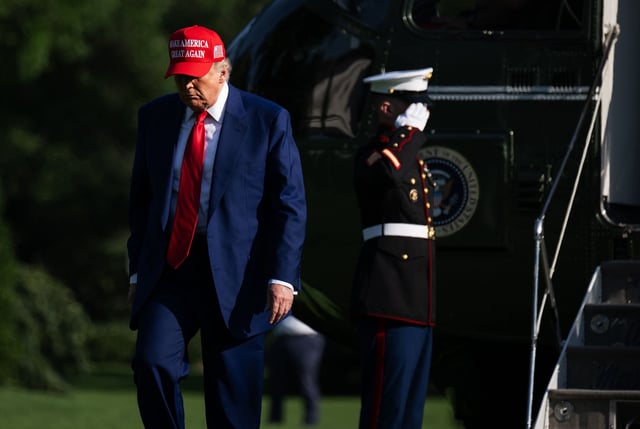Overview
- On June 21, President Trump directed strikes on Iran’s Fordow, Natanz and Esfahan nuclear sites without seeking prior congressional authorization to preempt Tehran’s nuclear program.
- He brokered and announced a ceasefire between Israel and Iran on June 22, a truce that has largely held even after Iran’s missile retaliation against a U.S. base in Qatar.
- The U.S. military reported no American casualties during the strikes or Iran’s subsequent counterattack, underscoring the operation’s precision.
- Democratic Reps. Jim Himes, Gregory Meeks and Adam Smith introduced a War Powers resolution to require congressional approval for future Iran actions, and a separate impeachment attempt over the strikes was defeated in the House.
- Republican reactions split between support for preemptive force to block nuclear development and constitutional objections from lawmakers like Rep. Thomas Massie.



